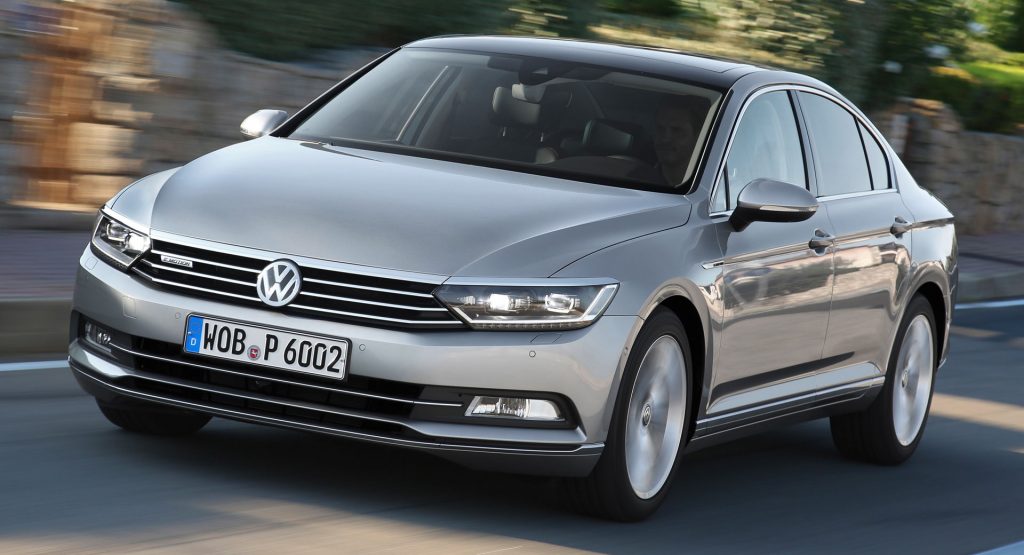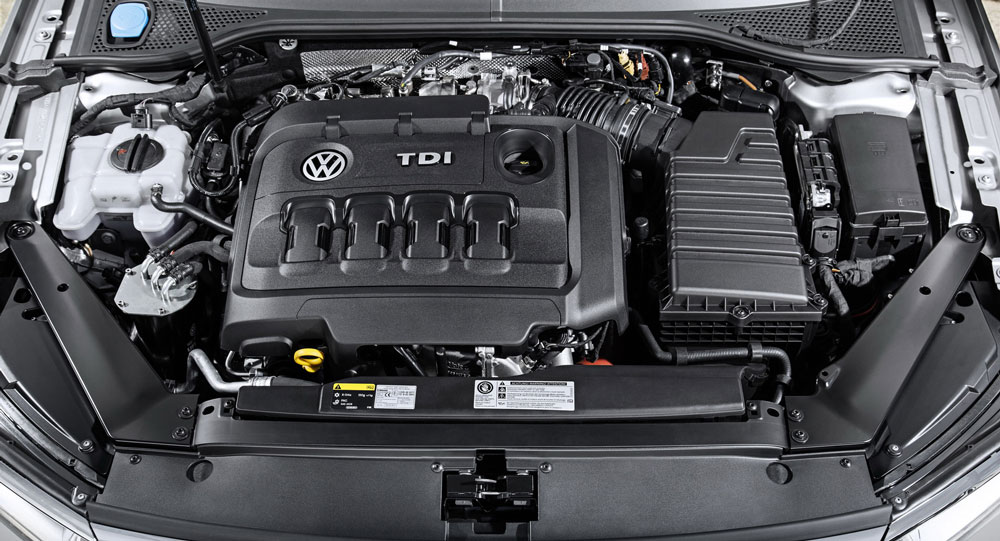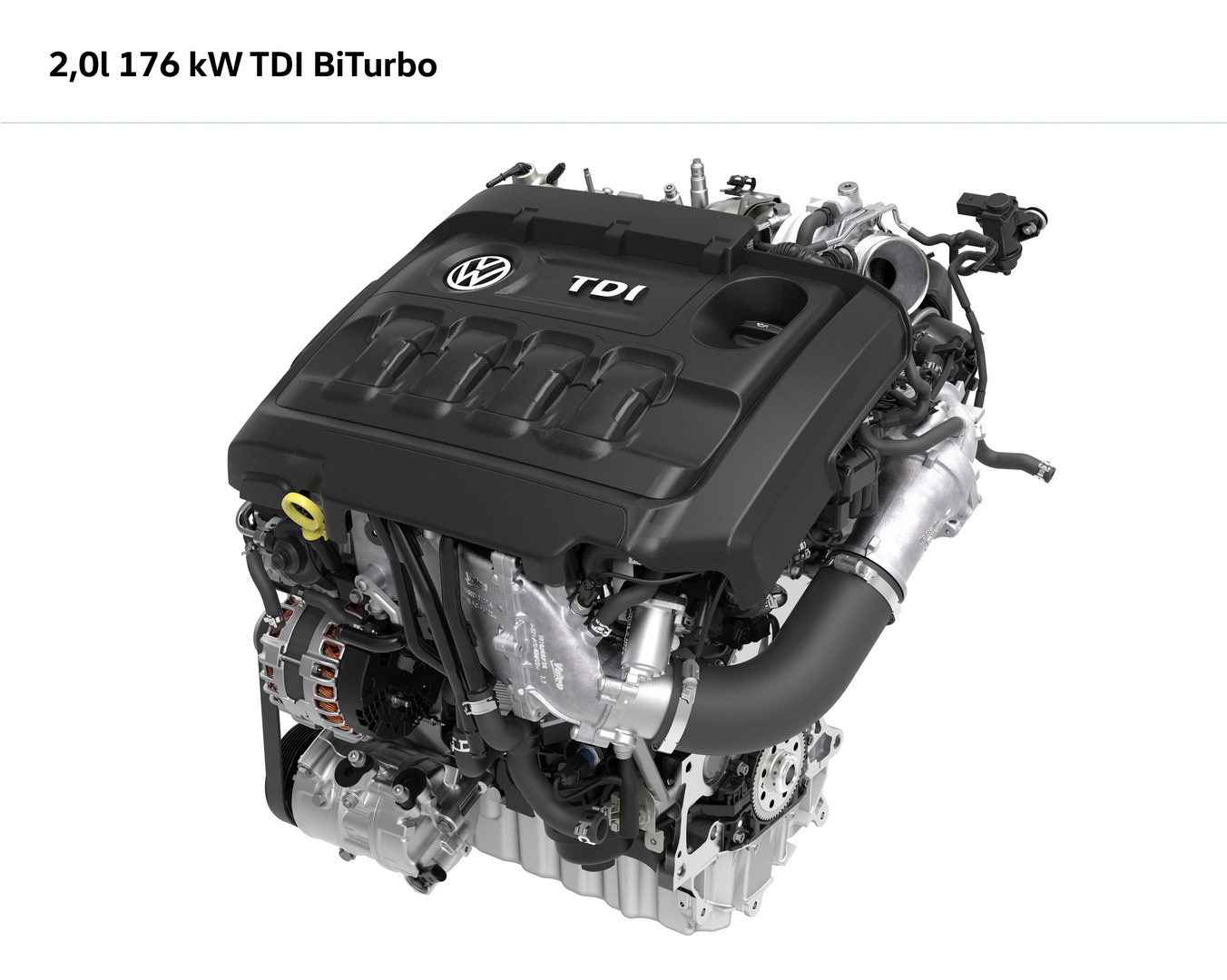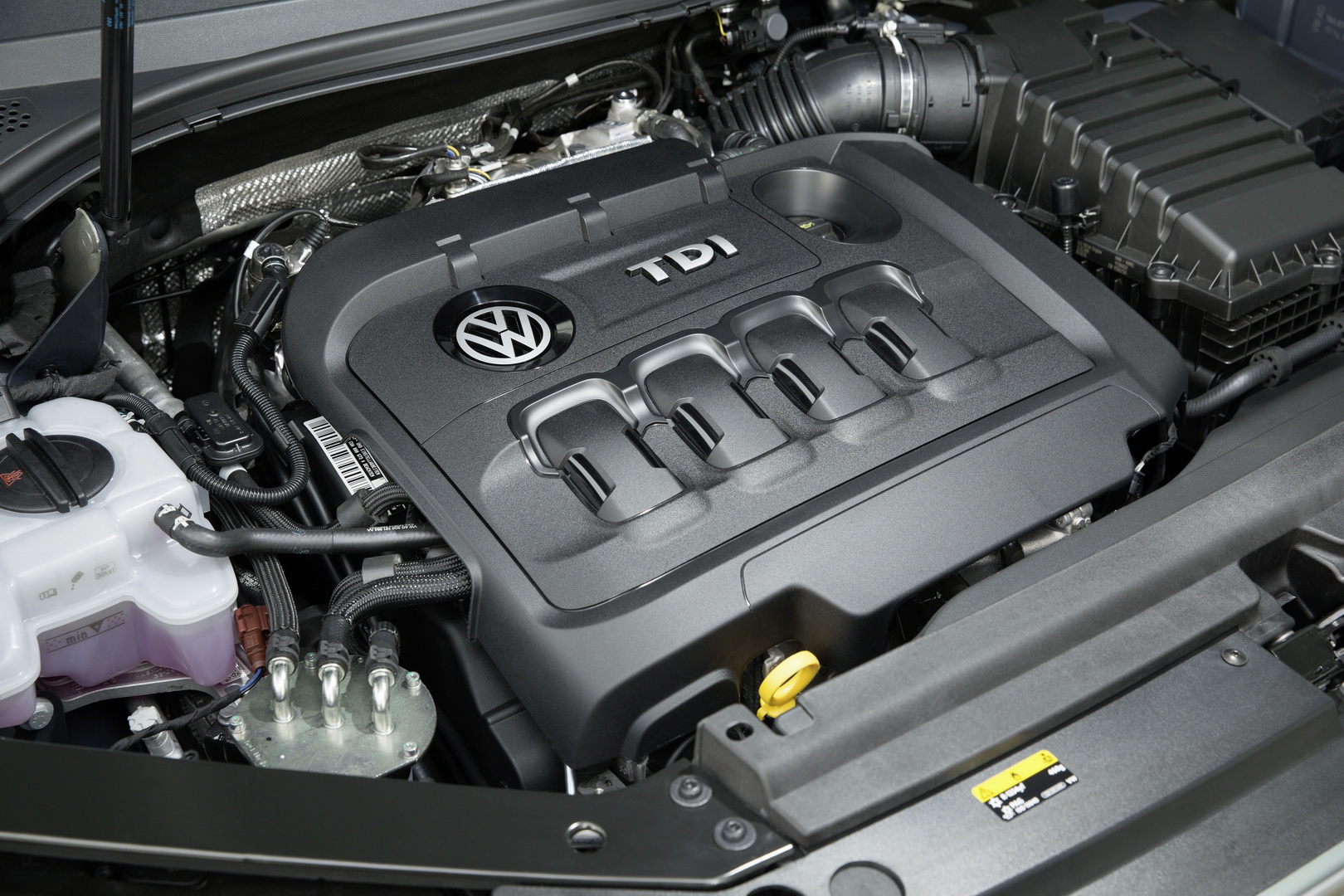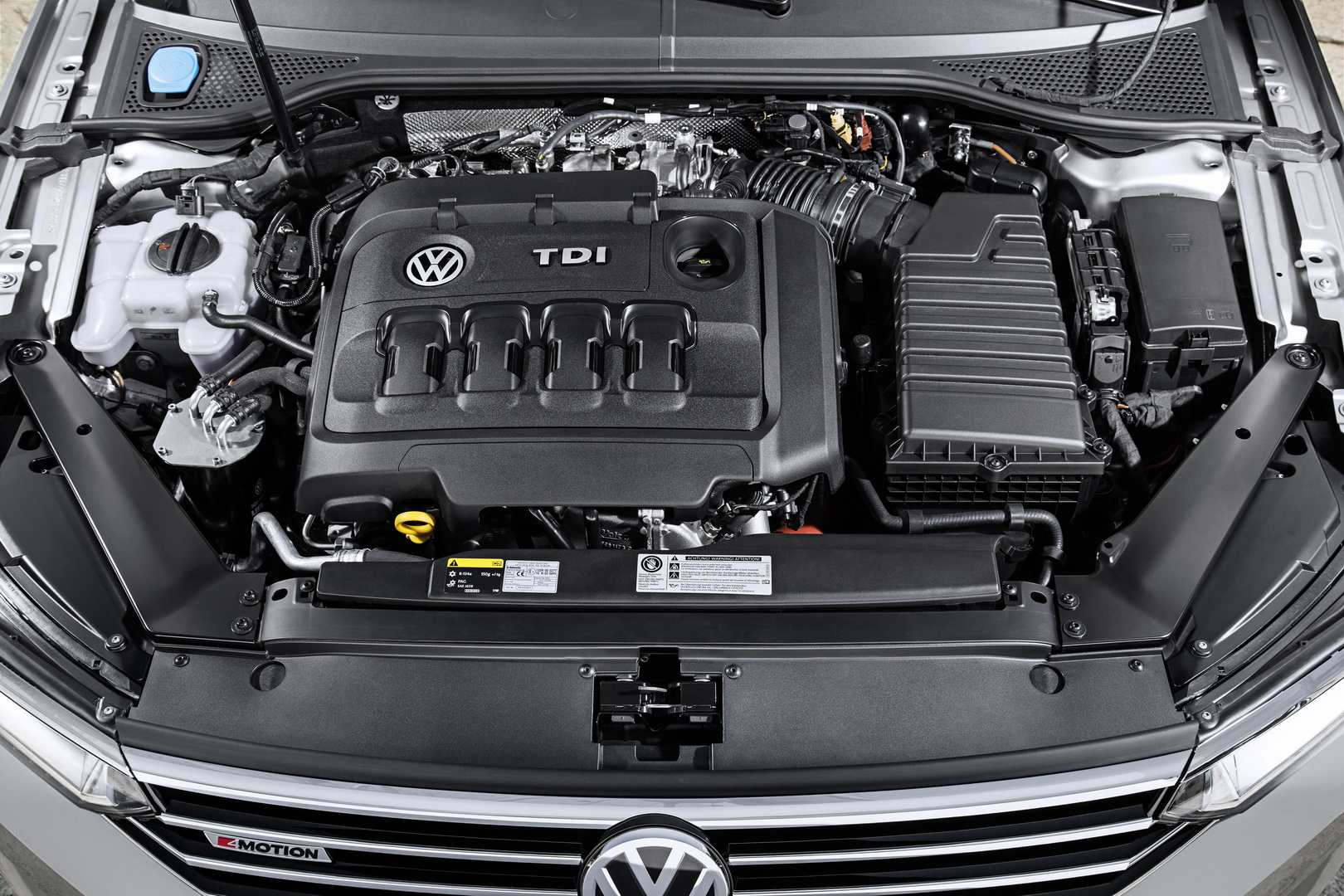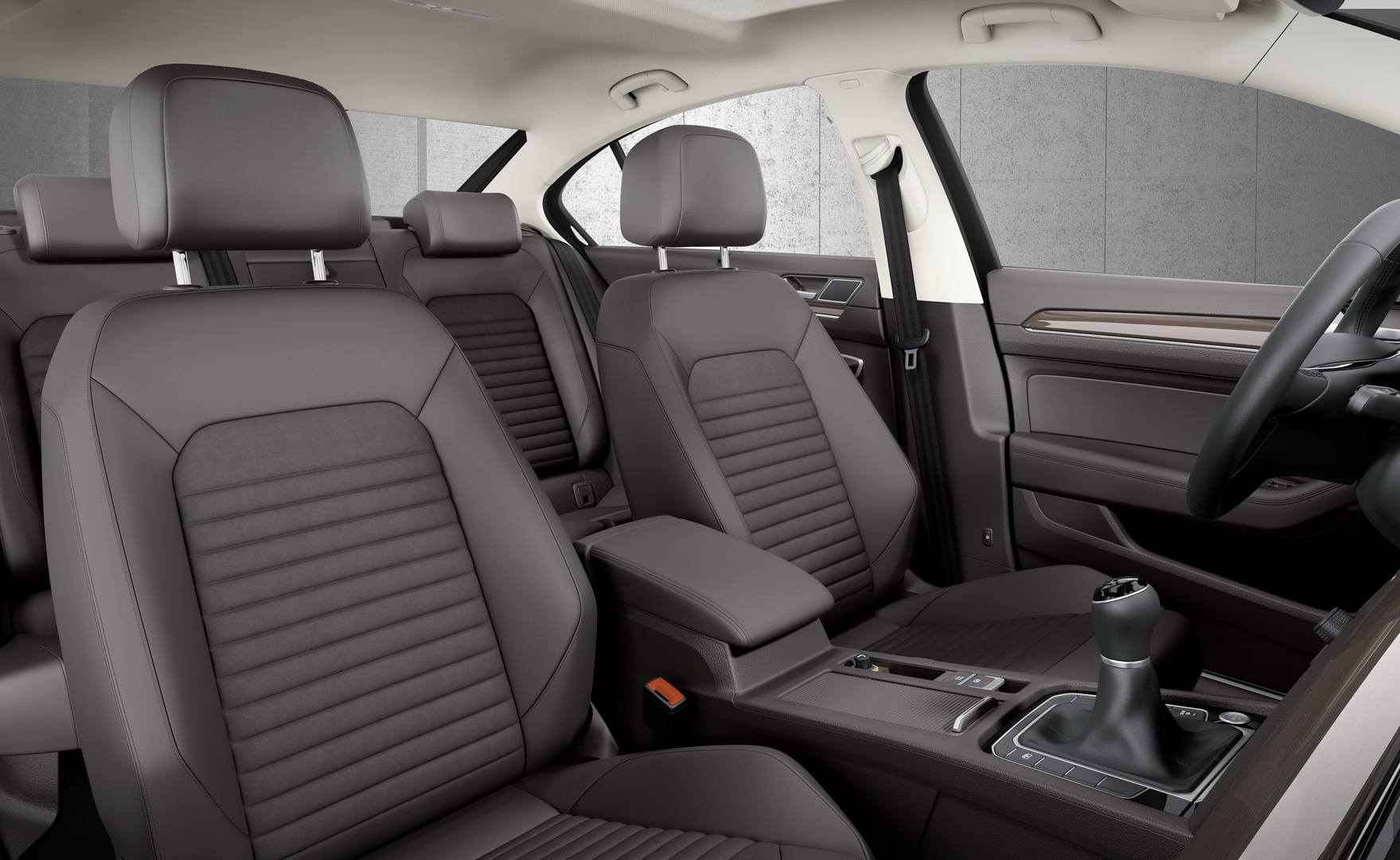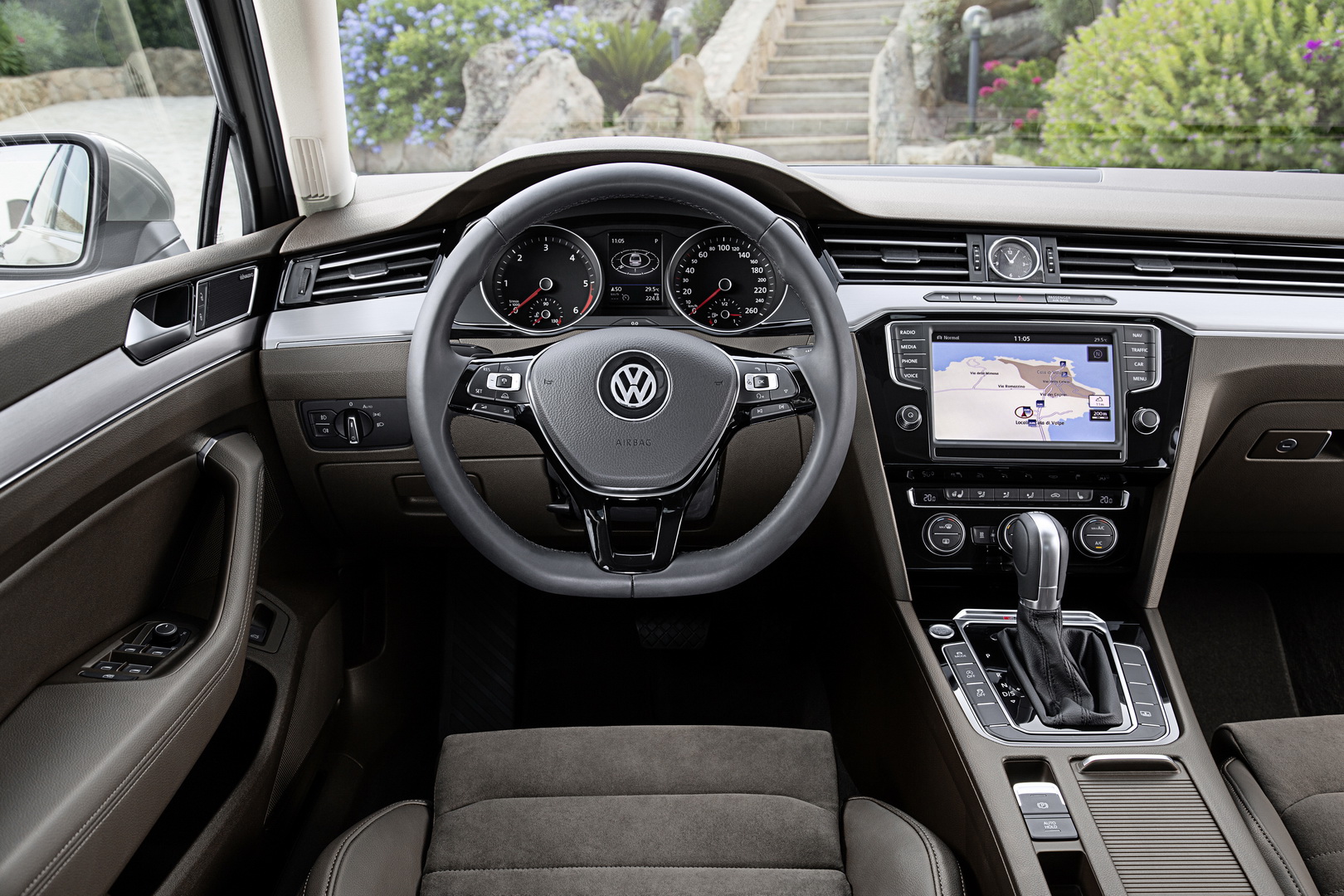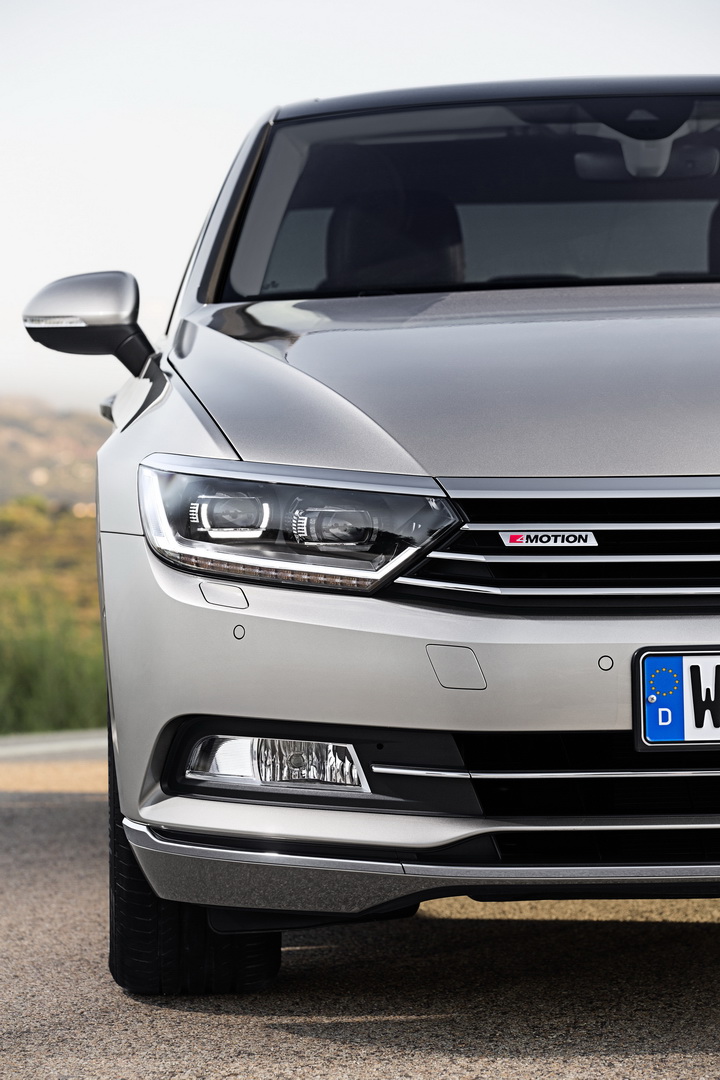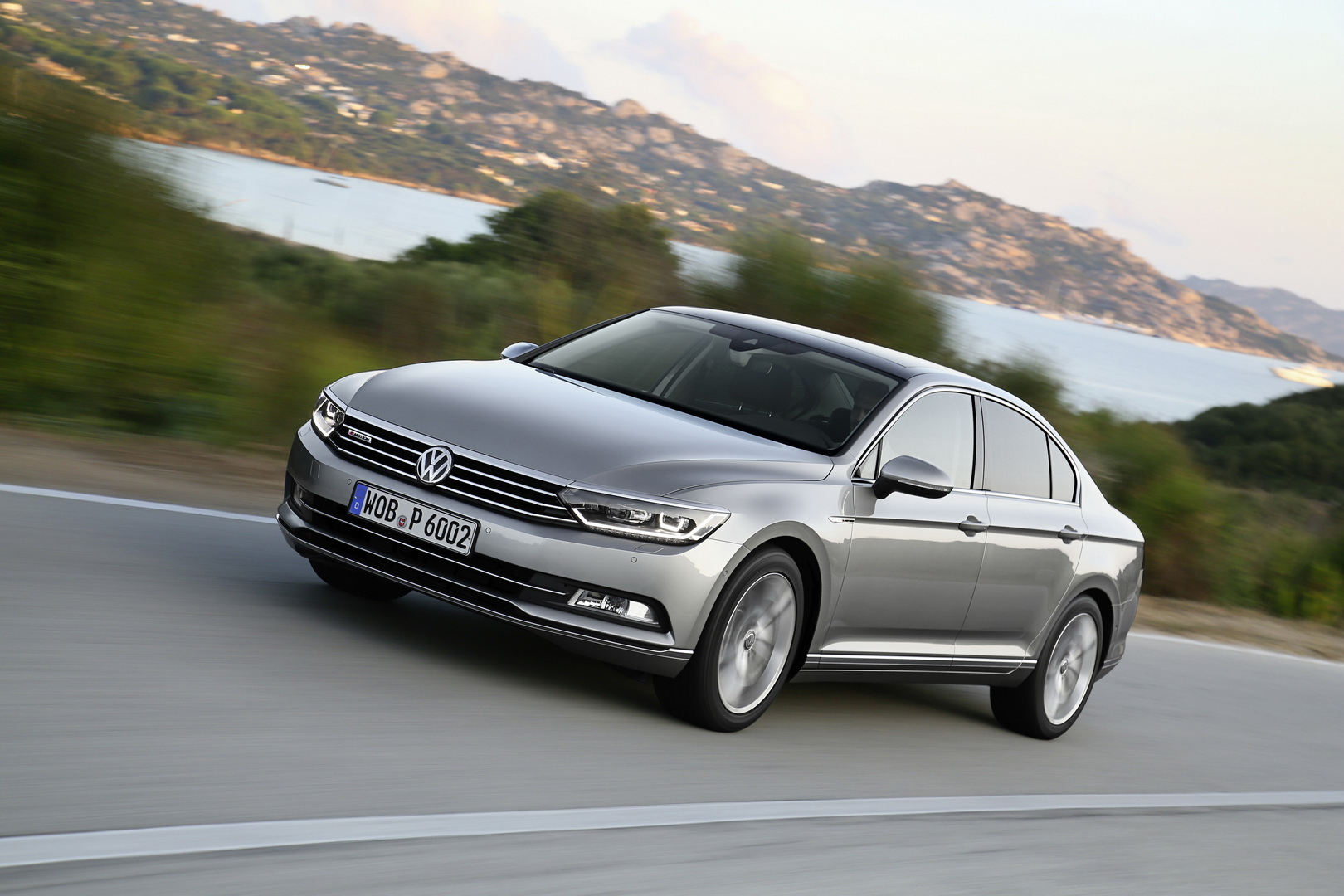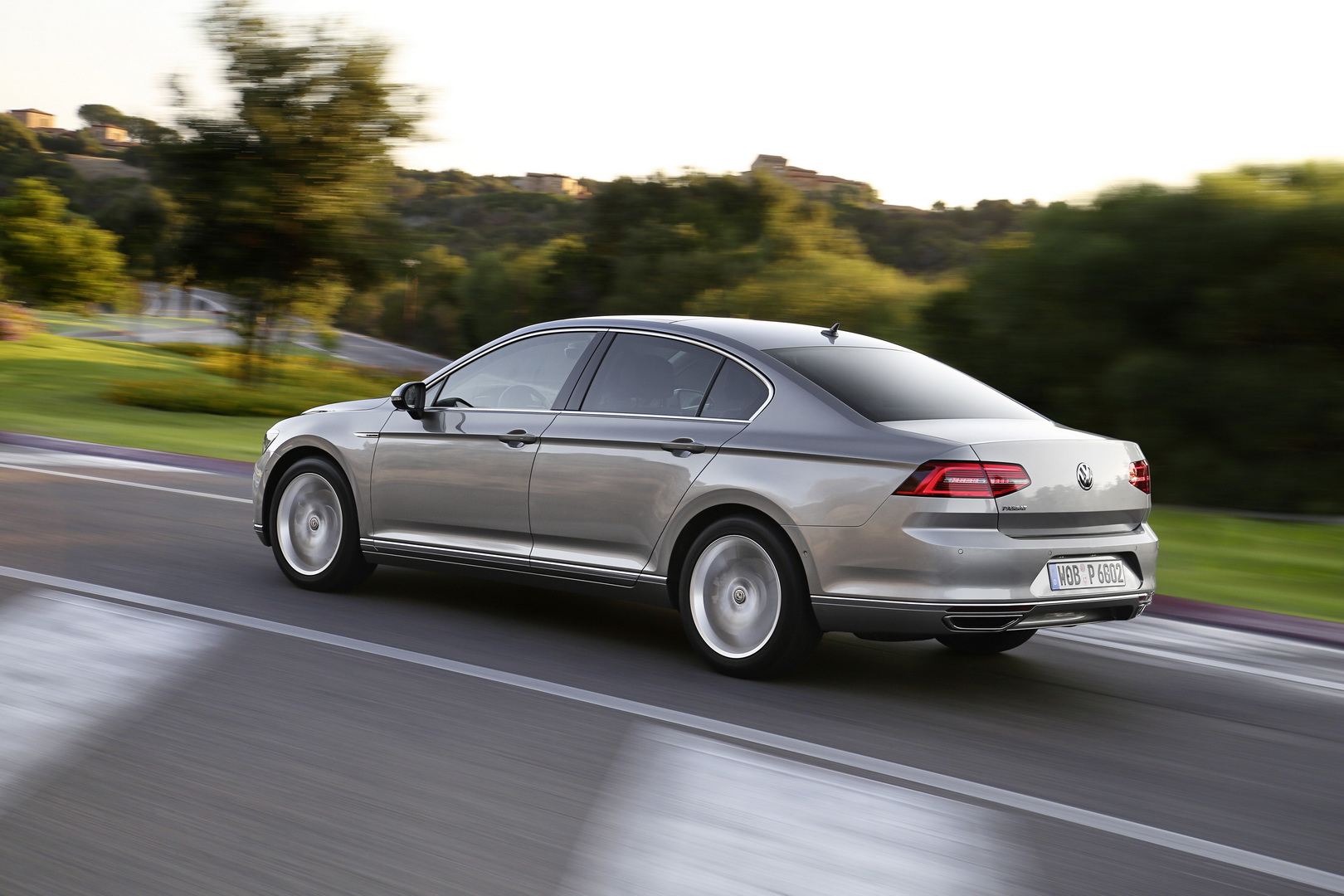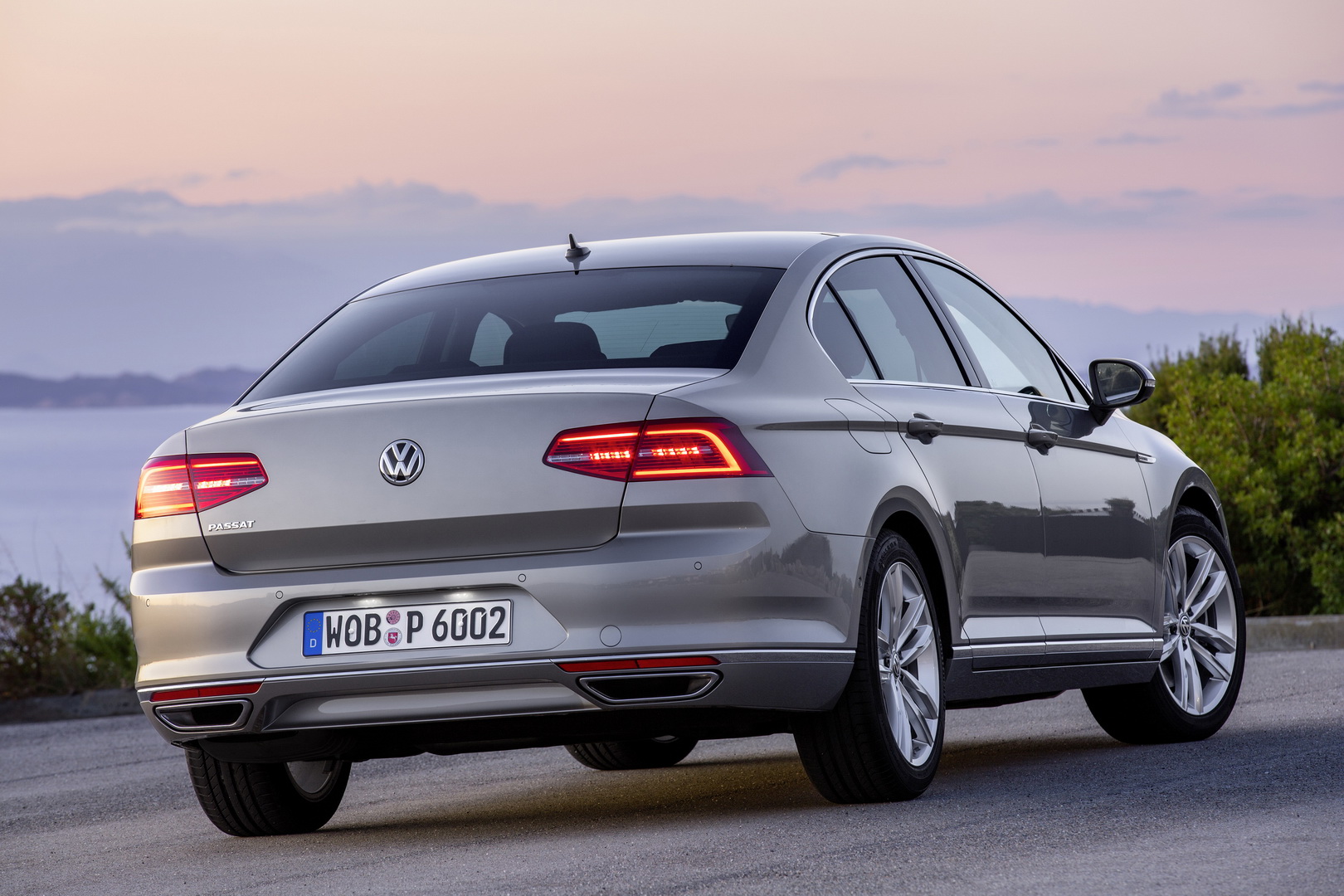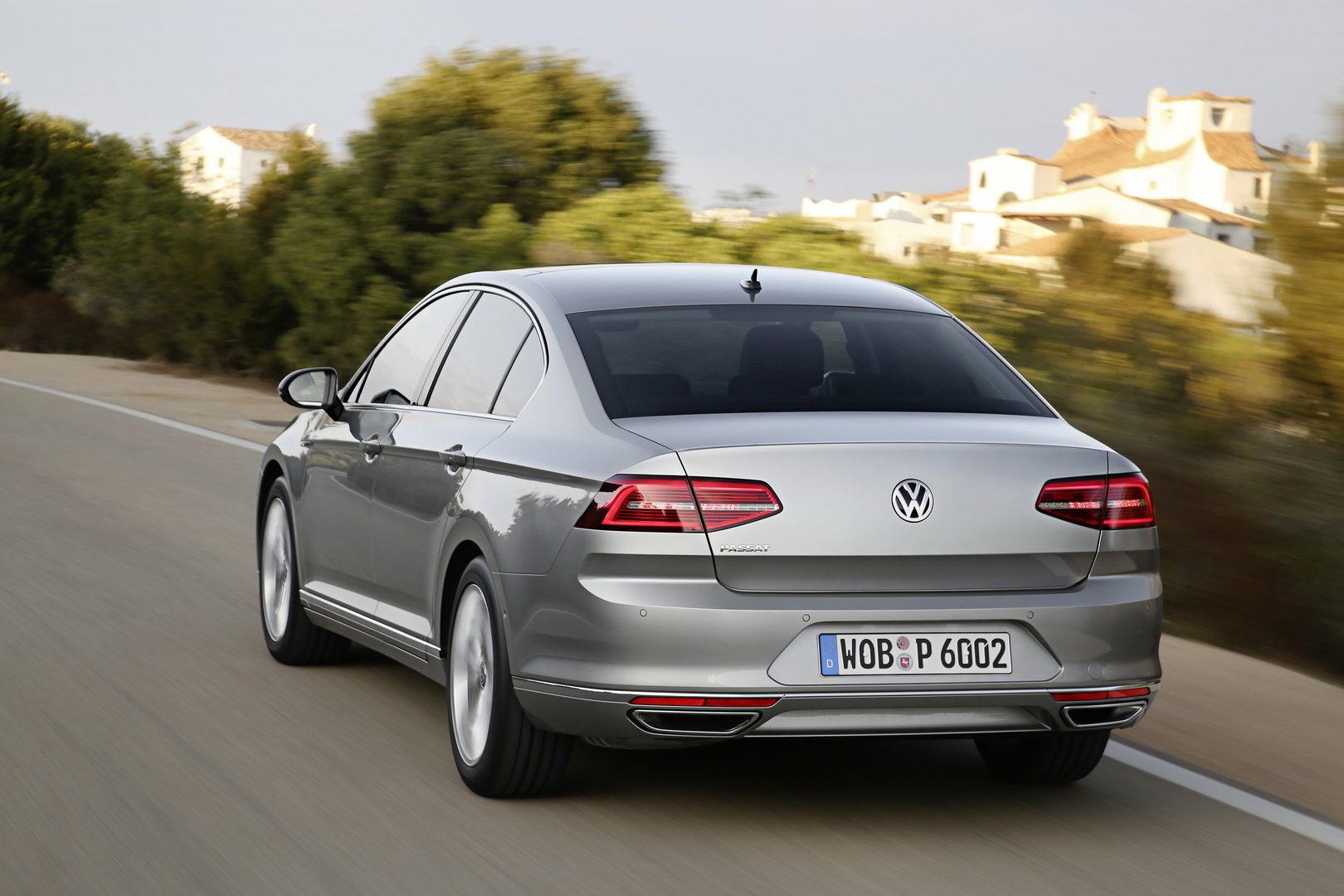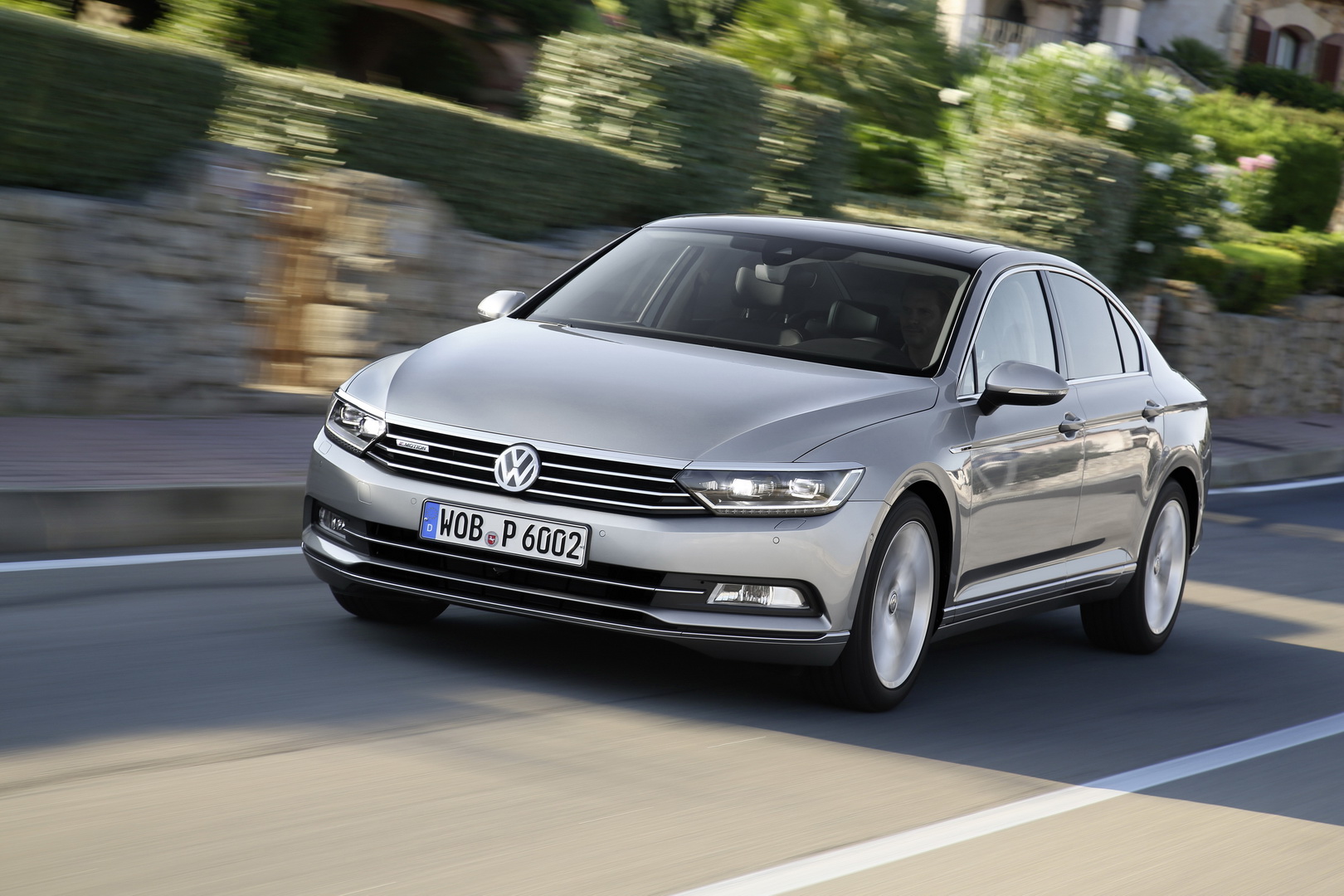Volkswagen is trying to put its tumultuous past away by focusing on the development of the new ID family of electric vehicles. But that doesn’t mean that they’re willing to give up on diesel engines completely just yet.
In fact, the brand saw its diesel car sales almost double in Germany throughout 2018. That’s for the ones bought by private customers, though, (* hence the asterisk in the title), as overall deliveries of diesel cars went up by 4 points, to 43 percent last year.
“In Germany, the diesel debate is emotionally charged – and frequently strays from the facts”, said VW Brand Board Member for Sales, Jurgen Stackmann. “Given its high efficiency and its performance, and in light of climate change, the diesel engine will remain an important technology for years to come, especially for those who travel long distances.”
The latest generation of diesel engines developed by Volkswagen are not only more fuel efficient, but emit up to 15 percent less carbon dioxide compared to similarly sized petrol units. Volkswagen claims the mills produce as much as 10 g/km less emissions compared to the previous generation, in the NEDC standard.
The automaker’s Passenger Cars division sold a total of 6,244,900 vehicles last year, up 0.2 percent. The brand was followed by Audi, Skoda and Seat, in this order, with 1,812,500, 1,253,700 and 517,600 units, respectively.
Overall deliveries of the Volkswagen Group increased by nearly 1 percent in 2018, to 10,834,000. This enabled the German group to beat the Renault-Nissan-Mitsubishi Alliance, which delivered a total of 10,756,875 vehicles, even though, as you can see, the difference is miniscule.



